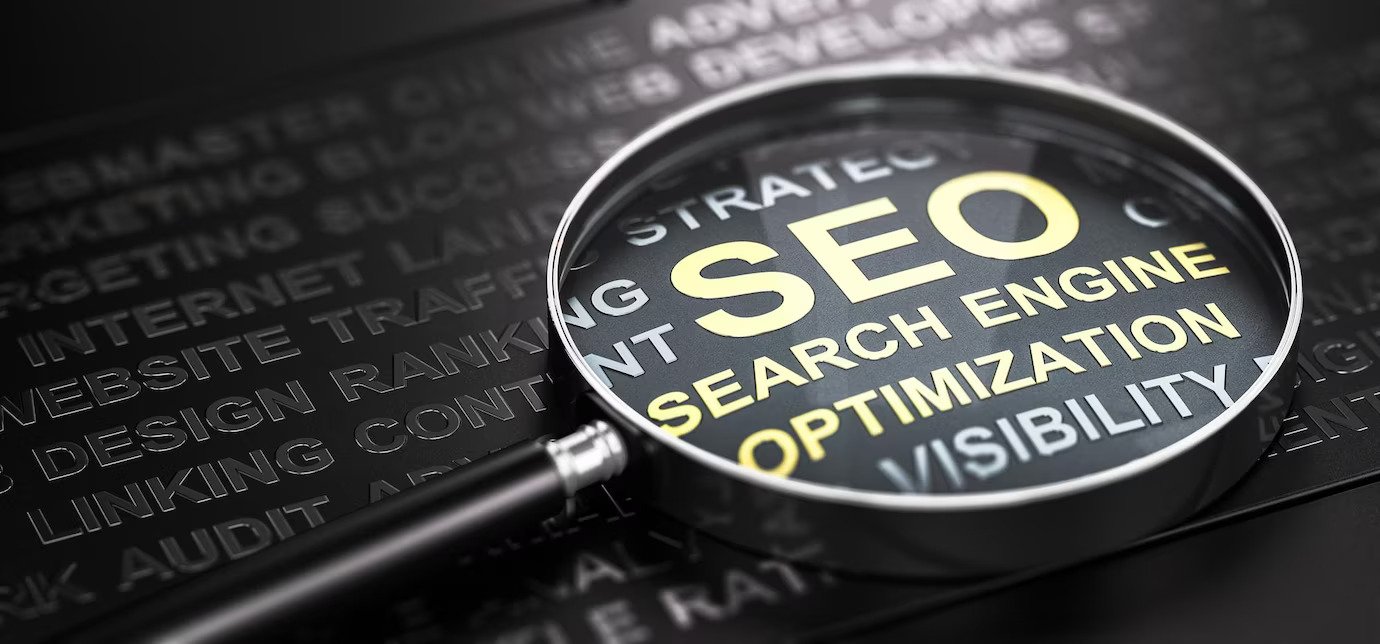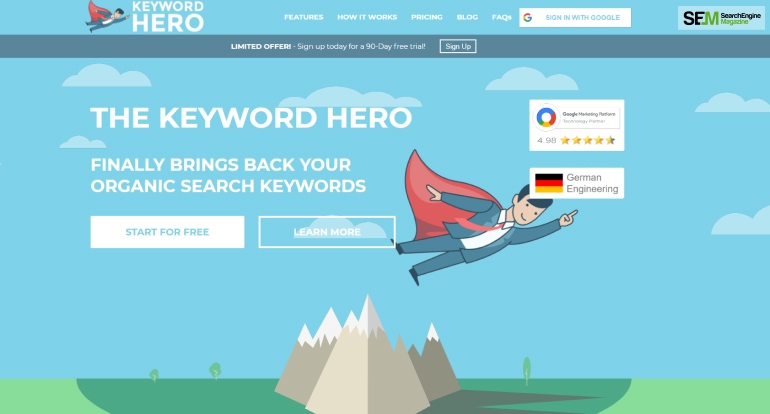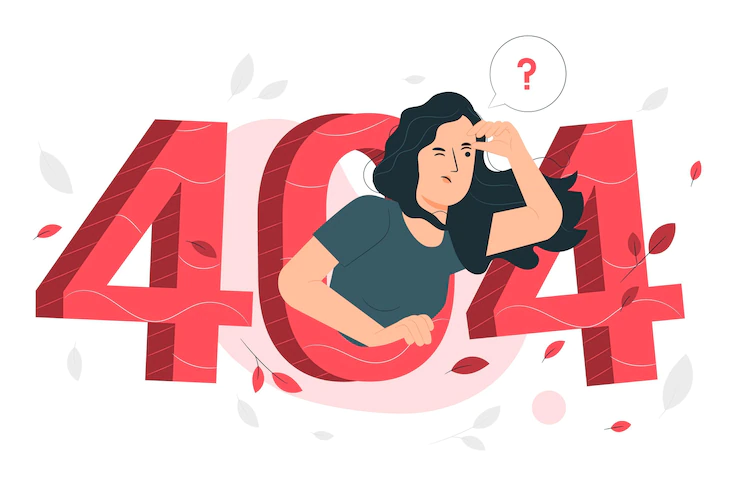How To Know If Someone Blocked You On iMessage? 5 Secret Hacks!
Apr 16, 2025

Apr 16, 2025

Apr 16, 2025

Apr 15, 2025

Apr 11, 2025

Apr 11, 2025

Apr 11, 2025

Apr 08, 2025

Mar 29, 2025
Sorry, but nothing matched your search "". Please try again with some different keywords.

Backlinks are links from other websites that point to your website. They are among the most important factors for ranking well on search engines like Google.
But not all backlinks have the same effect on your website. Some backlinks can help your SEO, while others can hurt it. And some backlinks can even get you penalized by Google if they are spammy or unnatural.
In this blog post, we’ll share some things you didn’t know about buying backlinks for SEO. Then, we’ll explain why buying backlinks is risky, what Google has to say about it, and why SEOs are still doing it!
First, let’s address the issue commonly discussed when discussing paid link building, which means buying backlinks: what exactly constitutes a paid link?
According to Google, exchanging money, goods, or services for a link is prohibited.
This includes practices like sponsored guest posts, private blog networks (PBNs), and paid reviews, which have become commonplace but are increasingly targeted by Google’s algorithm updates.
It’s important to note that even seemingly “safer” paid link-building tactics run the risk of being classified as a link scheme and violating Google’s terms and conditions.

With over 85% of marketers and search engine experts agreeing on the importance of link building in SEO, there will always be those seeking to buy and sell them.
Due to the competitiveness of backlinks and SEO, some businesses resort to unethical tactics to outdo their competitors. While such practices may provide short-term gains, Google will eventually catch on, and it can harm your business in the long run.
It’s important to understand the different types of backlinks:
Black hat links are illegal, and buying backlinks is often extremely risky for your website or business. Google’s algorithms are designed to identify such tactics, and using them can harm your business in the long run.
The sites used to build such links are built solely for linking to other sites. Black hat builders buy old high authority domains and build a site on top of that with cheap AI-generated content.
Cheap backlink service providers use this negative SEO technique to boost website rankings for a short time. These tactics exploit Google’s loopholes to increase traffic, making a website rank higher than it would be using organic SEO campaigns.
Grey-hat links combine white-hat (creating quality content) and black-hat (buying links) SEO tactics. Grey hat SEO is not as high-risk as black-hat links, but it’s still considered a risky practice.
Grey-hat SEO exploits search engine guidelines to increase a website’s ranking and often uses black-hat SEO methods disguised as legal and ethical ones.
Buying backlinks is legal if they are white-hat SEO links. These links are paid for and are recognized as legitimate search engine optimization techniques that aim to improve a website’s SERP ranking using lawful means.
This tactic includes linking to a quality resource (webpage) that occurs organically and is helpful for the readers, not by forcing it.
Search engine results from such methods are considered organic search results and not the result of exploiting loopholes.
Buying backlinks is a quick and easy way to boost your SEO. After all, you just need to pay someone to create links to your website from other websites.
You don’t have to worry about creating content, building relationships, or earning trust. Instead, you just get instant results.
But it’s not as simple as it sounds. There are many risks involved in buying cheap backlinks that you may not be aware of. Here are some of them:
Contrary to popular belief, Google does not prohibit all paid links, as many SEOs may claim. Instead, Google recognizes that paid links are a normal aspect of the web economy.
Google is opposed to the practice of purchasing links solely to manipulate search engine rankings and pass PageRank. Such practices fall under Google’s definition of a Link Scheme.
The web giant identifies various link types that violate its Webmaster Guidelines, including –
If Google detects these links, it may take action against your site, such as lowering your rankings or removing your site from its index.
Buying backlinks can make your site look spammy and untrustworthy. If your visitors see you have links to low-quality or irrelevant sites, they may lose confidence in your site and bounce away.
And if other webmasters see that you have bought backlinks, they may be less likely to link to your site naturally or collaborate with you in the future.
Buying backlinks can be expensive and ineffective. You may pay for links that have no value or impact on your SEO. You may also pay for temporary or removed links soon after you buy them.
The worst that may happen is that you may end up paying for links that are harmful to your SEO and require more time and money to fix.

Now you might be asking, “Why do websites still pay for links when it’s not a good thing to do?”
Well, it’s like speeding in your car – some people think it’s worth the risk because it’s faster. But on the other hand, paying for links saves time and effort since you don’t need to create quality content or look for link opportunities.
However, buying backlinks wasn’t always bad. In the early 2000s, it was considered good business. But then Google started cracking down on paid links, making it harder for people to get away with it.
Paying for links is risky because Google can easily detect them and ignore their SEO value. As a result, organic link-building and content marketing are now more popular ways to improve a website’s SEO.
But some companies still pay for links because they find it easier, or it’s just what they’ve always done. That’s why it’s not good practice, but it hasn’t completely disappeared from the SEO industry.
Another obvious reason might be that Google’s algorithm to detect unnatural links is still not foolproof. If you build backlinks smartly in a seemingly natural way, the robot won’t just be able to crack it!
There are good and bad practices when it comes to getting links to your website. You should not pay a website owner to link to your site.
However, that’s not to say you cannot pay someone to EARN backlinks for you! That’s the right word for it – earn (not buy).
Paying someone to build links for you and participating in a link scheme isn’t the same as you may think.
You can outsource links to a reputable SEO agency that can earn you links by creating resources, performing outreach, and building relationships. This isn’t considered paying for links by Google.
Some links are worth of buying backlinks outright, like paying to be featured on reputable websites with properly attributed and no-follow links. Always disclose paid links and tag them correctly with “rel=nofollow” or “rel=sponsored”.
While these can be a valuable addition to your public relations strategy, they should not be relied on as a quick fix to improve your search engine rankings overnight.
Remember to monitor the health of your backlink profile by using link-tracking software and pruning low-quality links that could hurt your site.
If you’ve purchased links in the past, consider double-checking your link profile and disavowing any risky links.
Buying backlinks may seem like a tempting shortcut to improve your SEO, but it’s a risky and ineffective strategy in the long run.
Instead, focus on building high-quality backlinks that are relevant, authoritative, and natural. Create high-quality content with original research and act as a source for other websites so they’ll naturally link to you.
This requires time, effort, and creativity, but it’s the only way to improve your SEO and build a trustworthy and reputable online presence.
Read Also:
Arnab is a professional blogger, having an enormous interest in writing blogs and other jones of calligraphies. In terms of his professional commitments, He carries out sharing sentient blogs.
View all Posts
How To Know If Someone Blocked You On iMessag...
Apr 16, 2025
7 Website Design Mistakes That Are Hurting Yo...
Apr 16, 2025
Programmable Dynamic SEO for Location-Based P...
Apr 15, 2025
Google Boba Game: How To Play This Fun Game B...
Apr 11, 2025
Which Is The Best Video Search Engine Of 2025...
Apr 11, 2025


